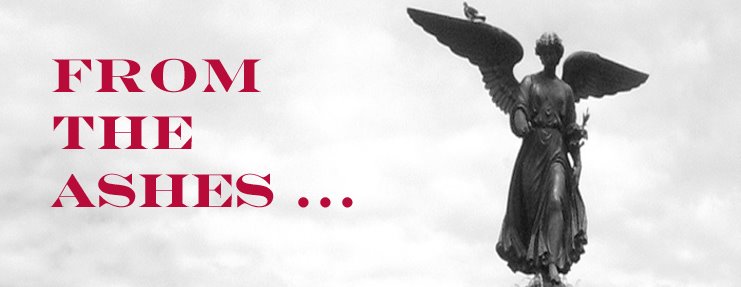I spent the last two afternoons in a conference room talking about HIV. In my volunteer role as a member of the Community Advisory Board for the local health center, we had a two day "retreat" with a rep from HRSA. He had been sent down to work with us to make sure that the CAB was organized, proactive and functioning at a level that will meet the requirements that many of the federal programs insist be in place. This is a direct offshoot of some of the great work that GMHC and ACT UP achieved in the areas of compassionate and interactive and effective treatment models for people living with HIV/AIDS as far back as the mid 1980's.
Before then, doctors and other health care professionals simply told patients what to do, where to go and, in effect, how to be sick (and die). The early pioneers in the fight against HIV/AIDS decided that they wanted a voice in what medicines they took, what doses they might take them at and when to avoid the available treatments all together, as was ultimately the case for many HIV patients when it came to AZT. In it's original form, at it's original dosage, AZT proved to be just as deadly as AIDS. I've met many HIV+ individuals that are alive today because they ultimately decided to ignore the medical community and the conventional wisdom at the time and decline treatment with AZT.
One of the results of these new treatment models was the creation of Community Advisory Boards like the one I currently serve on. Patients, and the community were encourage to form advisory groups that had a direct pipeline to both their peers (other patients) and medical providers. They acted as a voice for those who previously had none, solved problems, recommended changes in privacy standards. Early ACT UP members even won the right to "fast track" promising HIV treatments, offering their own bodies up as lab experiments, as they insisted on the right to die as bravely as they had lived.
It's why I am alive today.
My work with the CAB the last two years is my own small way of honoring the work and sacrifice of those who fought the fight before me. I should have been lying in the streets in the 80's. I could have been protesting the drug companies in the 90's. But at least I'm here now, and I try to do what I can.

No comments:
Post a Comment